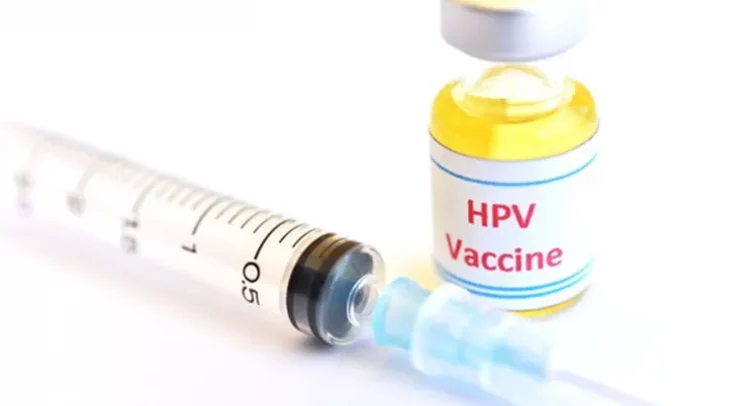UNICEF, the largest global child’s rights organisation, on Wednesday, June 18, 2025, delivered its first shipment of the Human Papillomavirus (HPV) vaccine to Ghana in a significant attempt to protect Ghanaian girls from a preventable cancer.
The initial delivery of 441,860 doses is the first part of 2.5 million doses that UNICEF will deliver to Ghana over the coming weeks.
The delivery targets protecting girls aged between 9 and 14 to protect future generations from cervical cancer, and will support a five-day national immunisation campaign, led by the Ghana Health Service, in September later this year.
After the campaign, the HPV vaccine will become a routine and free-of-charge vaccine for girls turning 9, as part of the country’s national routine immunisation programme.
Ghana is set to join over 140 countries that already include the vaccine in their national routine schedules.
Cervical cancer is the most common cancer caused by a viral infection of the female reproductive tract, and the World Health Organisation (WHO) says that cervical cancer is the fourth most common cancer in women globally, with around 660,000 new cases and around 350,000 deaths in 2022 – the vast majority of these come in emerging and developing countries without sufficient healthcare procedures.
Roughly 3,000 are diagnosed with HPV in Ghana annually, with over 2,000 dying after diagnosis.
Even if HPV is one of the most preventable forms of female cancers, a lack of knowledge about the disease have historically hindered attempts to reduce its mortality rates.
The HPV vaccine is, however, a safe and effective treatment for cervical cancer, and the vaccination will ensure Ghanaian girls are protected long before they are at risk to the disease.
By James Reinhardt


